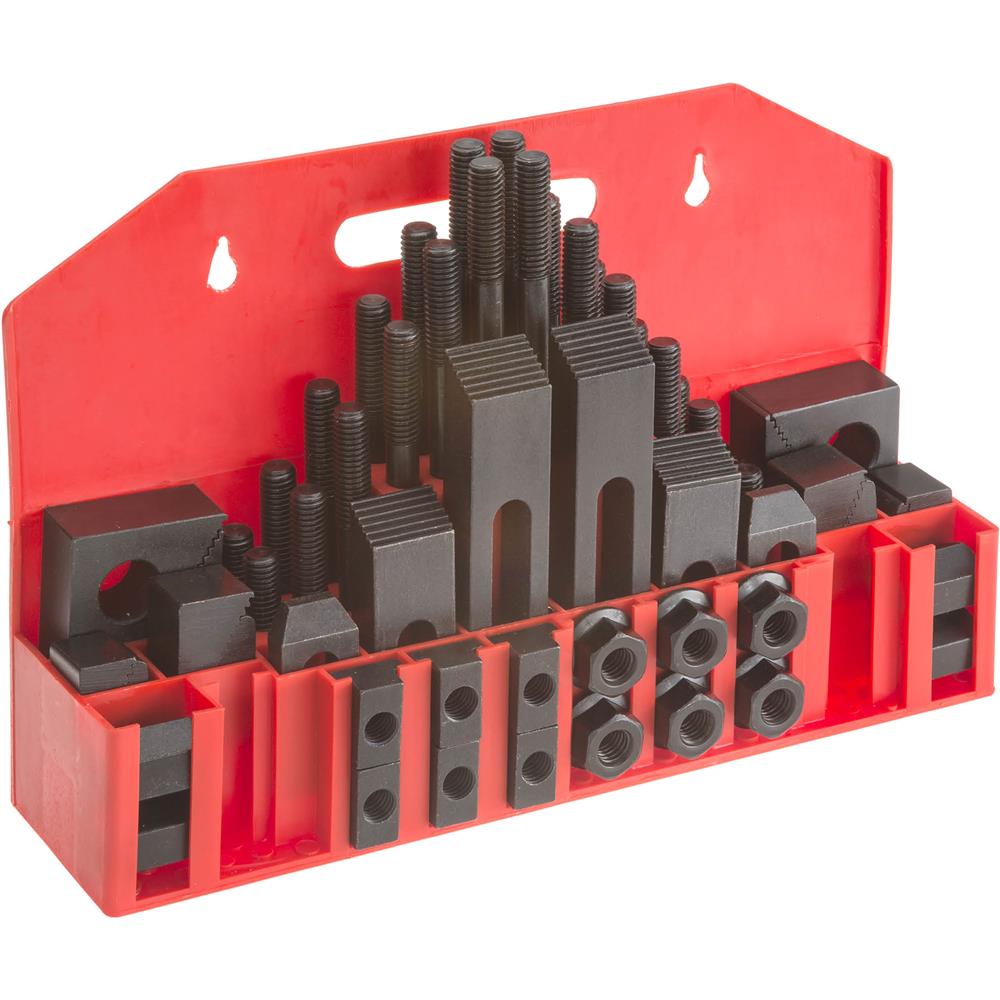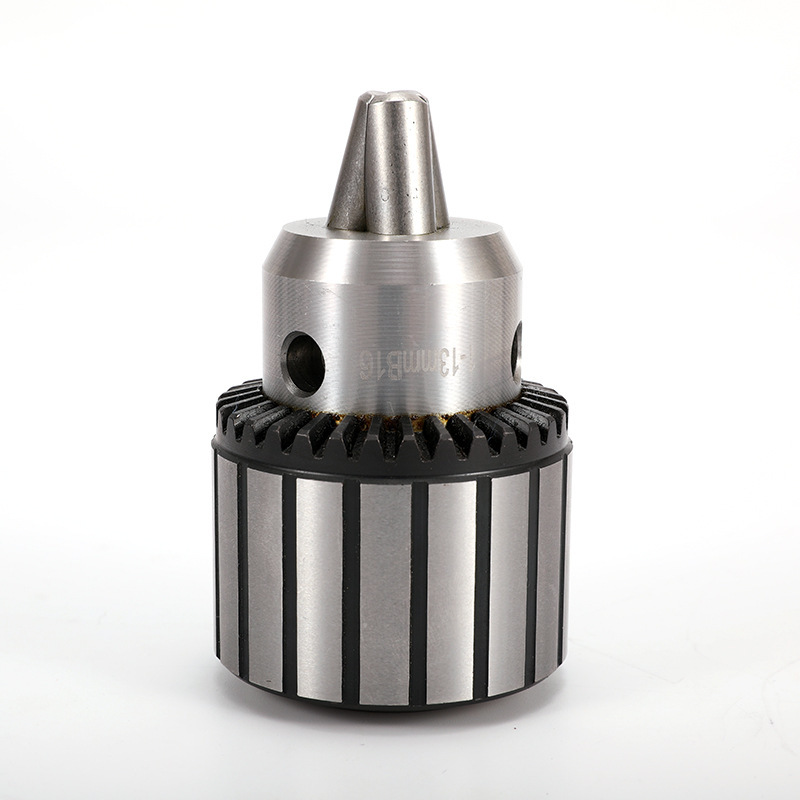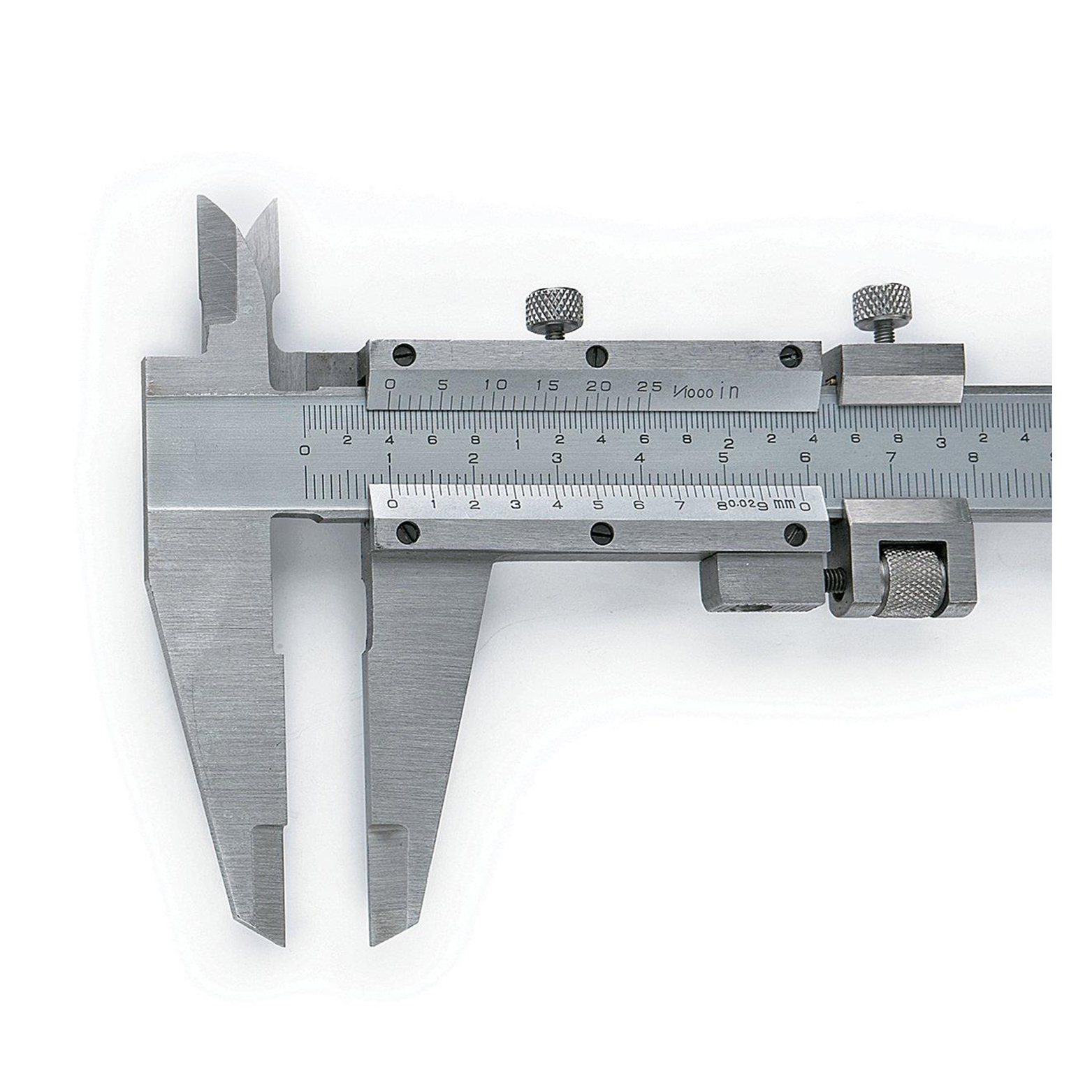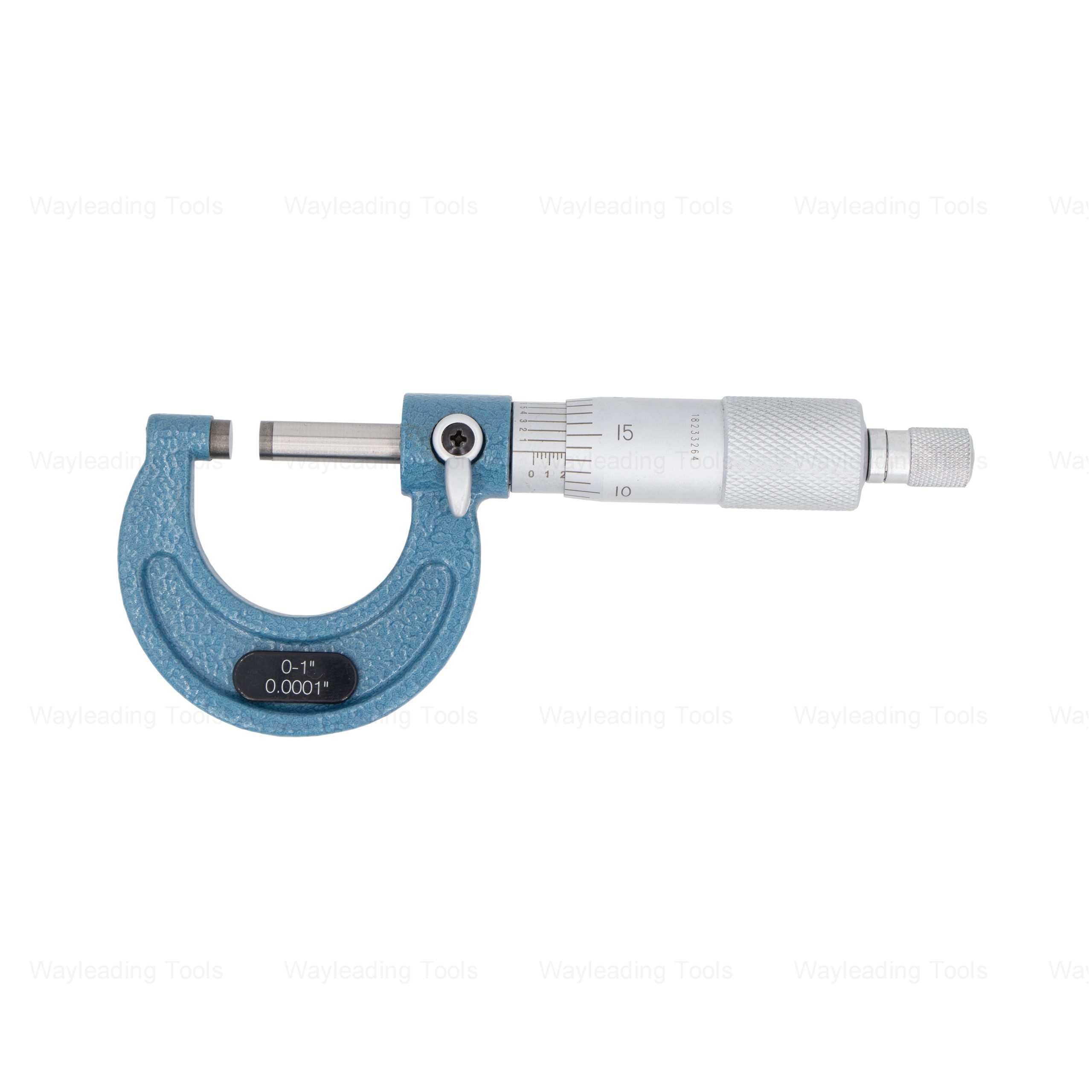thickness gauges Factory
Selecting the right thickness gauges factory is crucial for ensuring the quality and accuracy of your measurements. This guide provides a comprehensive overview of factors to consider when choosing a supplier, including the types of gauges available, material considerations, accuracy requirements, certifications, and key questions to ask potential manufacturers.
Understanding Thickness Gauges: An Overview
Thickness gauges, also known as coating thickness gauges or film thickness gauges, are essential instruments used to measure the thickness of materials accurately. These gauges find applications across diverse industries, from manufacturing and automotive to aerospace and construction. Understanding the different types and functionalities is the first step in choosing the right thickness gauges factory.
Types of Thickness Gauges
Several types of thickness gauges cater to various applications. Here's a brief overview:
- Ultrasonic Thickness Gauges: Ideal for measuring the thickness of metals, plastics, and composites. They work by sending ultrasonic waves into the material and measuring the time it takes for the echo to return.
- Magnetic Thickness Gauges: Primarily used for measuring the thickness of non-magnetic coatings on ferrous metals (e.g., paint on steel).
- Eddy Current Thickness Gauges: Suitable for measuring the thickness of non-conductive coatings on non-ferrous metals (e.g., paint on aluminum).
- Mechanical Thickness Gauges: Simple, handheld devices used for measuring thin materials like paper or film.
Key Considerations When Choosing a Thickness Gauges Factory
Selecting the right thickness gauges factory involves careful evaluation of several factors. Here are the critical aspects to consider:
Material Compatibility
Ensure the thickness gauges factory offers instruments compatible with the materials you need to measure. For example, if you primarily work with ferrous metals, a factory specializing in magnetic thickness gauges might be the best choice. Wayleading Tools (www.wayleading.com) offers a wide range of gauges suitable for various materials.
Accuracy and Resolution
Accuracy and resolution are paramount. Understand the required accuracy for your application and ensure the factory provides gauges that meet or exceed those requirements. Review the gauge's specifications carefully. Look for data such as accuracy +/- value and resolution value, for example, Accuracy: ±(0.5%n + 0.05mm), Resolution: 0.01mm / 0.0005inch (Data from a typical ultrasonic thickness gauges). Higher accuracy generally translates to more reliable measurements.
Certifications and Standards
Verify that the thickness gauges factory adheres to relevant industry standards and holds necessary certifications such as ISO 9001. These certifications demonstrate a commitment to quality control and manufacturing processes. This provides assurance about the reliability and traceability of the instruments.
Customization Options
Depending on your specific needs, you might require customized thickness gauges. A good thickness gauges factory should be able to accommodate customization requests, such as specific measurement ranges, probe designs, or data logging capabilities. Discuss your requirements with potential suppliers early in the selection process.
Calibration and Maintenance Services
Regular calibration is essential for maintaining the accuracy of thickness gauges. Choose a factory that offers calibration services and provides clear guidelines for instrument maintenance. Ask about calibration intervals and whether they provide traceable calibration certificates.
Pricing and Lead Times
Obtain quotes from multiple thickness gauges factories and compare pricing. Consider not only the initial cost of the gauges but also long-term costs associated with calibration, maintenance, and potential repairs. Inquire about lead times for order fulfillment, especially if you have urgent requirements.
Warranty and Support
A reputable thickness gauges factory will offer a warranty on its products and provide comprehensive technical support. Understand the terms of the warranty and the availability of support services. Ask about response times for technical inquiries and the process for resolving issues.
Questions to Ask Potential Thickness Gauges Factories
Here are some key questions to ask when evaluating potential thickness gauges factories:
- What types of thickness gauges do you offer?
- What materials are your gauges compatible with?
- What is the accuracy and resolution of your gauges?
- Do you offer calibration services?
- What is your warranty policy?
- Can you provide customized gauges to meet my specific needs?
- What certifications do you hold?
- What is your lead time for order fulfillment?
Examples of Reputable Thickness Gauges Factories and Their Strengths
While a comprehensive list is impossible, here are some examples of factors to consider when researching factories. Wayleading Tools is one factory to evaluate during your search.
- Focus on Specific Applications: Some factories specialize in gauges for very specific applications, like automotive paint thickness gauges.
- Technological Innovation: Some factories heavily invest in R&D, offering cutting-edge features like advanced data analysis and wireless connectivity.
- Competitive Pricing: Other factories may focus on providing cost-effective solutions without sacrificing essential quality.
Understanding Coating Thickness Gauges Applications
Coating thickness gauges are crucial in industries where surface coatings are applied for protection, aesthetics, or functionality. These gauges ensure coatings meet specified standards, preventing premature failure and ensuring optimal performance.
Common Applications of Coating Thickness Gauges
- Automotive Industry: Measuring paint thickness on car bodies to ensure consistent quality and prevent corrosion.
- Aerospace Industry: Verifying the thickness of protective coatings on aircraft components.
- Construction Industry: Assessing the thickness of coatings on steel structures to prevent rust and corrosion.
- Manufacturing Industry: Measuring the thickness of coatings on various manufactured products.
Maintaining Your Thickness Gauges for Optimal Performance
Proper maintenance is crucial for extending the lifespan and accuracy of your thickness gauges.
Best Practices for Maintaining Thickness Gauges
- Regular Calibration: Calibrate your gauges according to the manufacturer's recommendations.
- Proper Storage: Store your gauges in a clean, dry environment when not in use.
- Careful Handling: Avoid dropping or subjecting your gauges to excessive shock or vibration.
- Cleaning: Clean your gauges regularly with a soft, dry cloth.
Table: Comparing Key Features of Different Thickness Gauges
| Gauge Type | Material Compatibility | Accuracy | Applications |
|---|---|---|---|
| Ultrasonic | Metals, Plastics, Composites | ±0.5% | General Purpose, Pipelines, Tanks |
| Magnetic | Non-Magnetic Coatings on Ferrous Metals | ±1% | Paint on Steel, Plating |
| Eddy Current | Non-Conductive Coatings on Non-Ferrous Metals | ±1.5% | Paint on Aluminum, Anodizing |
Conclusion
Choosing the right thickness gauges factory is a critical decision that impacts the accuracy and reliability of your measurements. By carefully considering the factors outlined in this guide, you can select a supplier that meets your specific needs and ensures the quality of your products or processes. Remember to prioritize accuracy, material compatibility, certifications, and ongoing support when making your decision. Visit Wayleading Tools to explore a range of options.
Related products
Related products
Best selling products
Best selling products-
 Outside Micrometer Set Of Inch & Metric With Rachet Stop
Outside Micrometer Set Of Inch & Metric With Rachet Stop -
 58pcs Clamping Kit With Metric & Inch Size
58pcs Clamping Kit With Metric & Inch Size -
 Precision Expanding Mandrel From 9/16″ to 3-3/4″
Precision Expanding Mandrel From 9/16″ to 3-3/4″ -
 Precision Dial Indicator Gage For Industrial With Jeweled
Precision Dial Indicator Gage For Industrial With Jeweled -
 Precision Vernier Caliper With Nib Style Jaws Of Metric & Imperial For Industrial
Precision Vernier Caliper With Nib Style Jaws Of Metric & Imperial For Industrial -
 HSS 3PCS DIN352 Hand Tap Set With Taper And PLUG Or Bottoming Tap
HSS 3PCS DIN352 Hand Tap Set With Taper And PLUG Or Bottoming Tap -
 32 Blades Feeler Gauge From 0.04-0.88MM
32 Blades Feeler Gauge From 0.04-0.88MM -
 Precision 7pcs Angle Blocks Set With High Quality Type
Precision 7pcs Angle Blocks Set With High Quality Type -
 Precision Magnetic Base With Fine Adjustment For Dial Indicator
Precision Magnetic Base With Fine Adjustment For Dial Indicator -
 Key Type Drill Chuck With Heavy Duty Type
Key Type Drill Chuck With Heavy Duty Type -
 Precision IP67 Digital Caliper With Data Output For Industrial
Precision IP67 Digital Caliper With Data Output For Industrial -
 5C Square Collet With Inch and Metric Size
5C Square Collet With Inch and Metric Size










